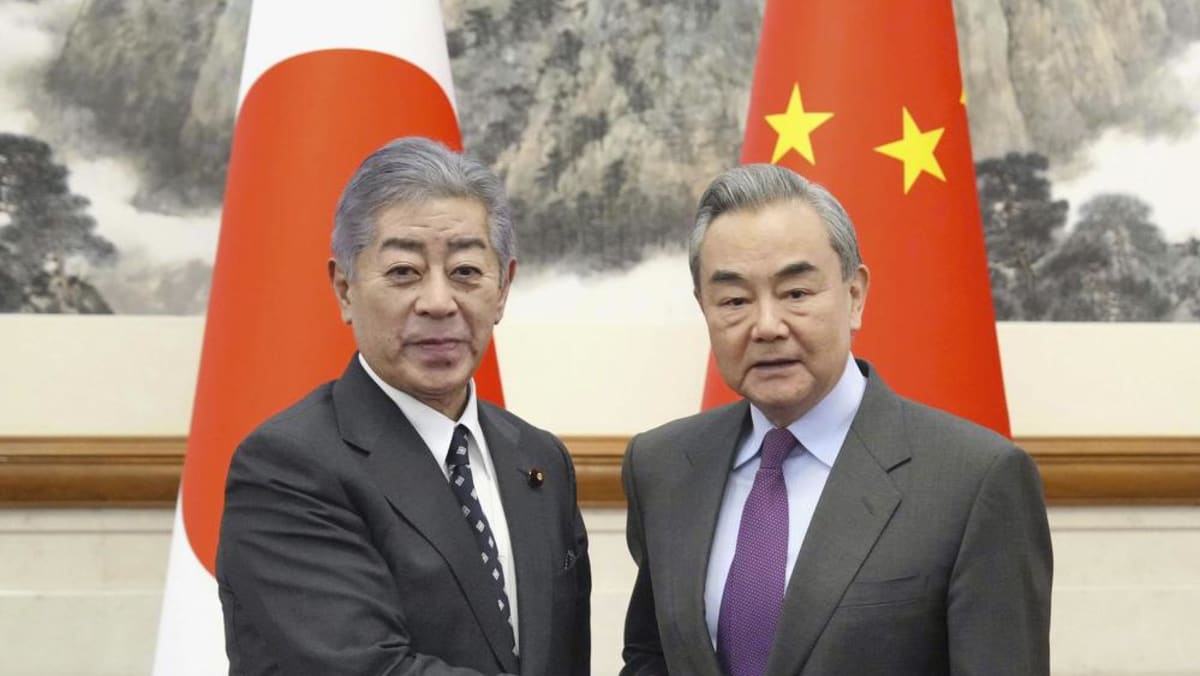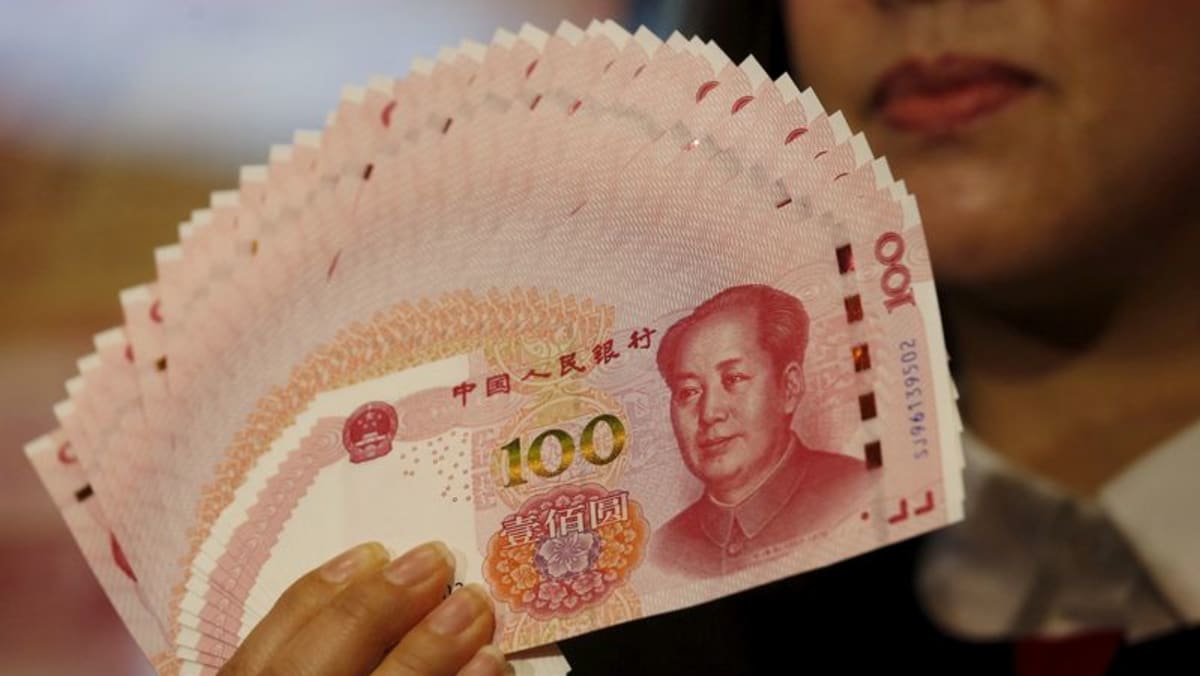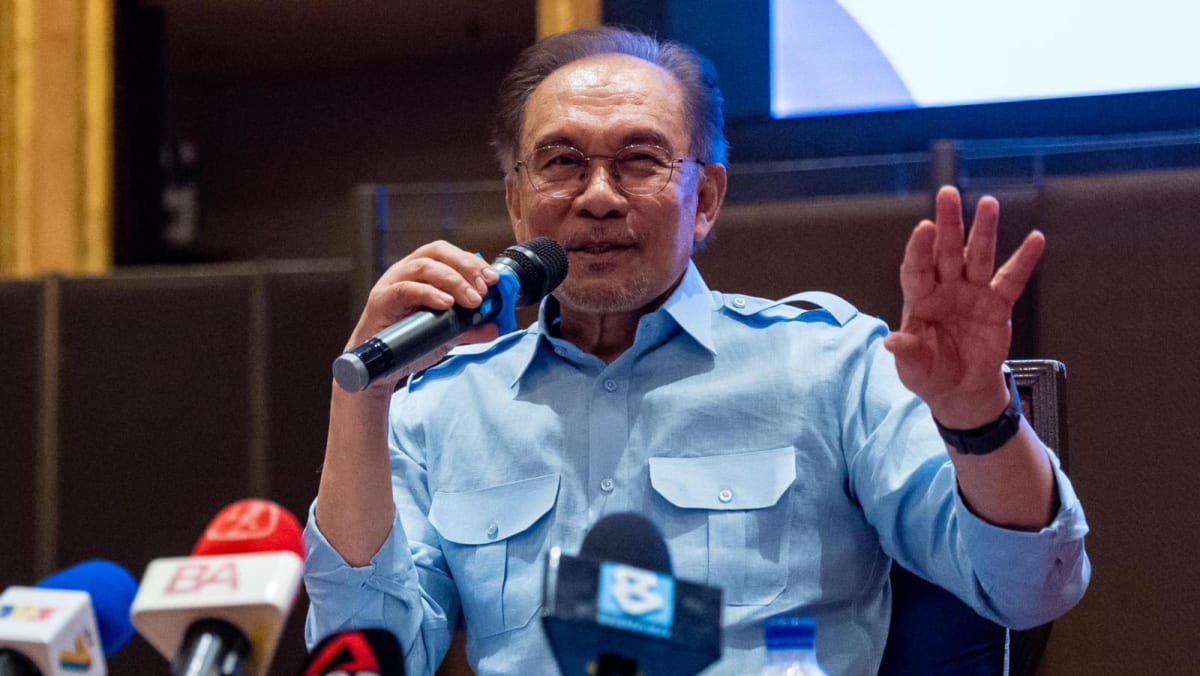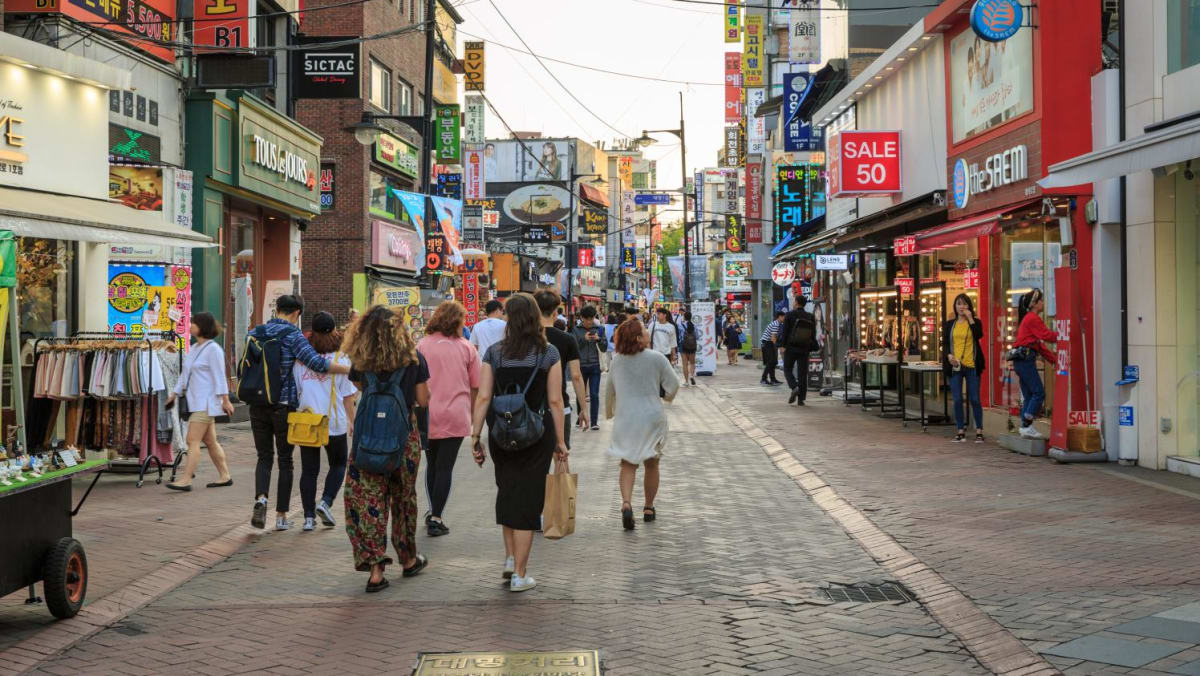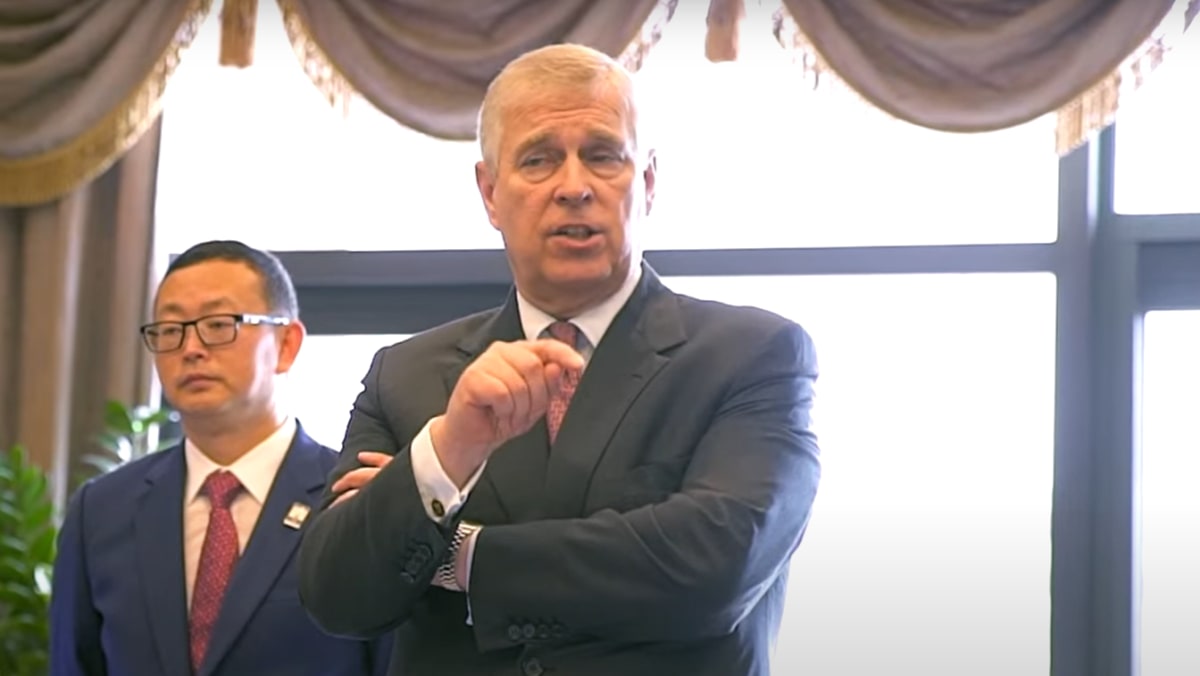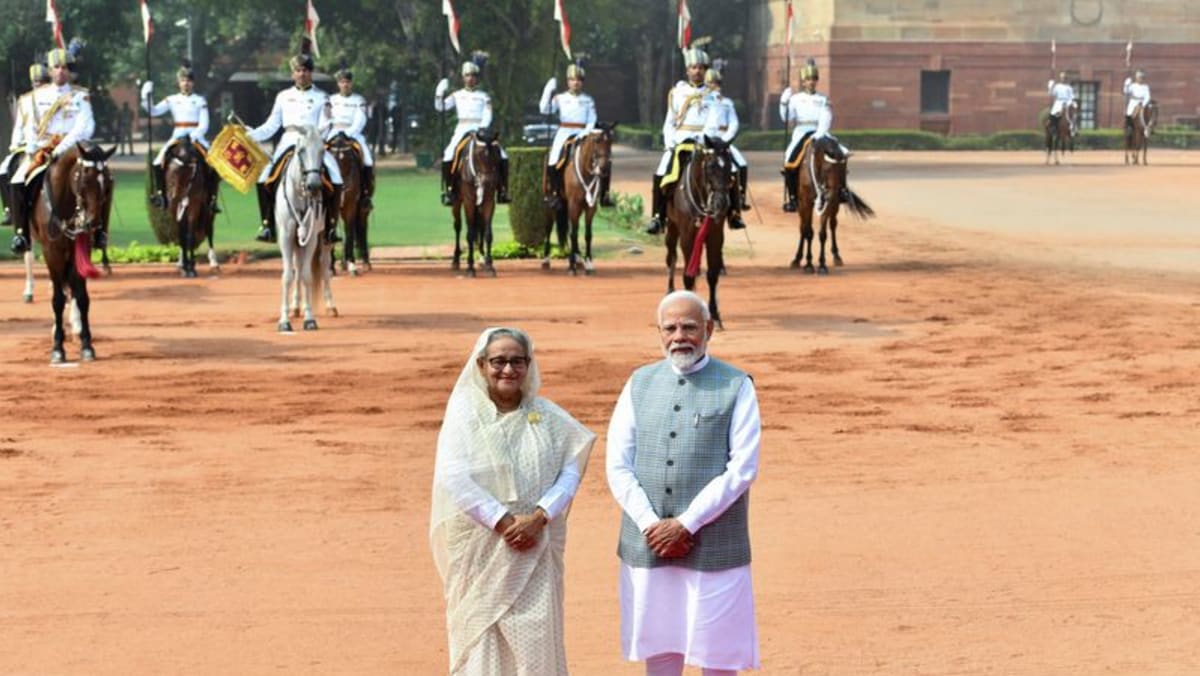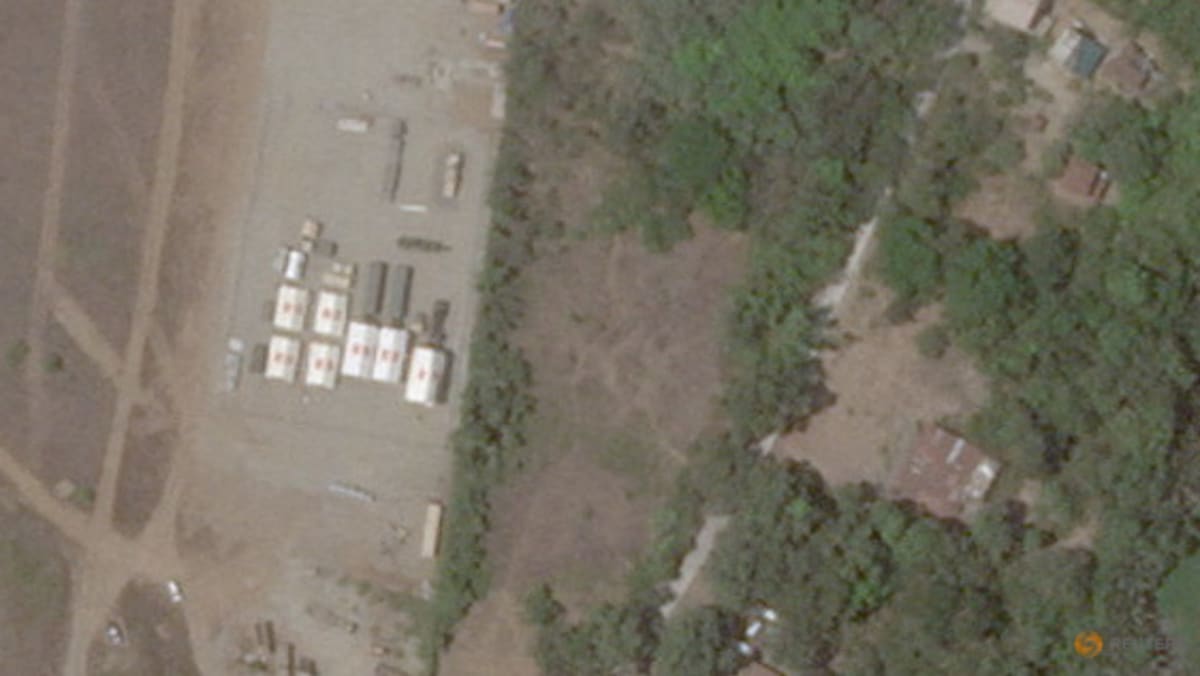Philippines, China commit to working on resolving differences
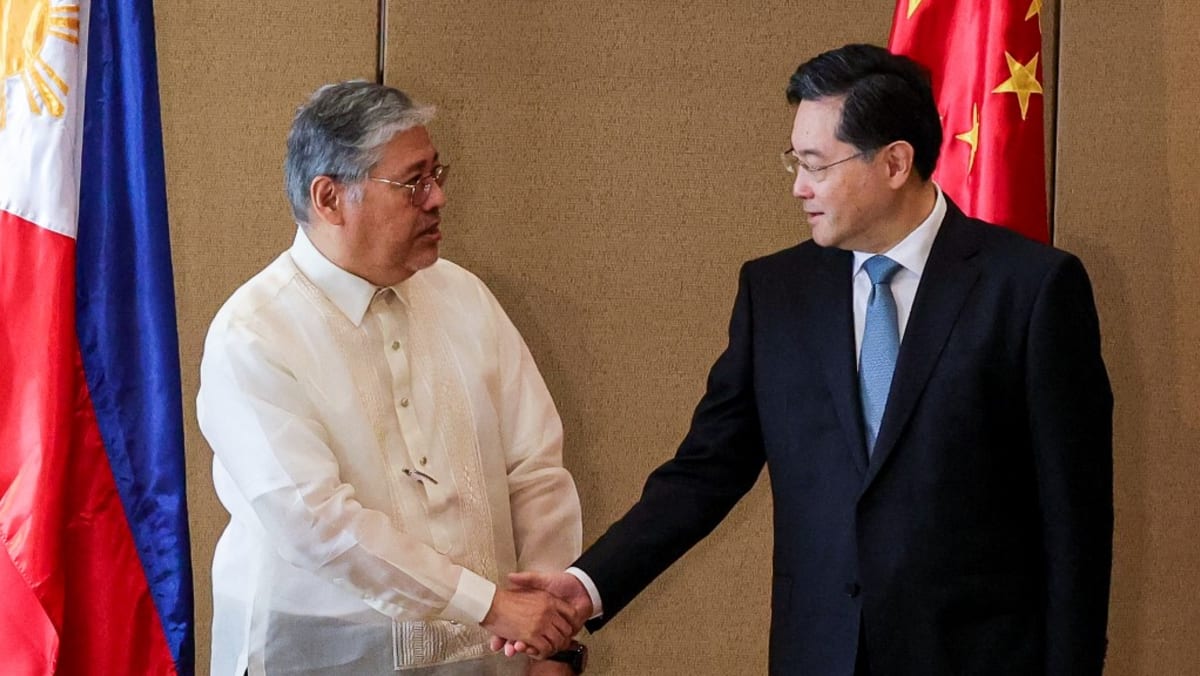
MANILA: The Philippines and China pledged on Saturday (Apr 22) to work together to resolve their maritime differences in the South China Sea, where the two have competing claims, and to deepen bilateral ties.
Talks between the countries’ foreign ministers mark the latest in a series of high-level meetings between the Philippines and the leaders of the United States and China as the two superpowers battle for strategic advantage in the Indo-Pacific.
Manila’s relations with Beijing are more than just their differences over the South China Sea, Philippine Foreign Affairs Secretary Enrique Manalo said as he began talks with Chinese Foreign Minister Qin Gang in Manila.
“These differences should not prevent us from seeking ways of managing them effectively, especially with respect to (the) enjoyment of rights of Filipinos, especially fishermen,” Manalo said, adding that their livelihoods are undermined by incidents and actions in the waterway.
Since President Ferdinand Marcos Jr took office in June last year, the Philippines has filed dozens of diplomatic protests at the presence of Chinese fishing vessels and what it calls China’s “aggressive actions” in the strategic waterway.
Both countries need to work together to continue a tradition of friendship, deepen cooperation and properly resolve differences, Qin, who is set to meet Marcos later on Saturday, said in his opening remarks.
Working together would help promote peace and the stability of the region and the world, he added.
His visit comes just weeks after the Philippines announced the location of four additional US military bases, two of which are facing north towards Taiwan.
More than 17,000 Philippine and US soldiers are conducting their largest joint military drills in the Southeast Asian country, drawing criticism from Beijing, Manila’s rival in the South China Sea.
A landmark ruling by the Permanent Court of Arbitration in 2016 invalidated China’s claims of sovereignty over almost all of the South China Sea, which sees the passage of about US$3 trillion worth of ship-borne goods annually and is believed to be rich in minerals, and oil and gas deposits.
Vietnam, Malaysia, Brunei, Indonesia and the Philippines have competing claims in portions of the waterway.
Source: CNA


